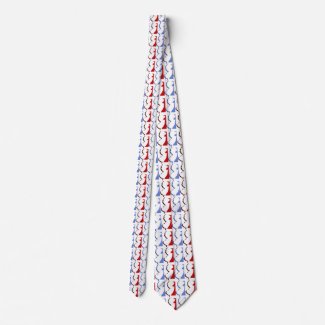-- Law - Law Schools
* History
|
Legal education in the early history of New Jersey as a colony and state largely was conducted through students apprenticing under the guidance of those recognized as lawyers. Some of the first colleges in America, including the College of William and Mary, Columbia College and the University of Pennsylvania, established chairs in law as part of their broader curriculum, but the first law school was not established until 1784. Even after the founding of other dedicated law schools, such as at Harvard in 1817, apprenticeship continued as the primary path to entering legal practice; in the 1890s, however, the American Bar Association lobbied the states to develop more professional standards (as well as limit competition) by requiring that admission to the bar would be restricted to students who had completed post-graduate legal instruction, which in 1906 was designated as a three-year course of study by the Association of American Law Schools. In New Jersey, it was not until the mid-twentieth century that the requirement that prospective lawyers serve at least a year as a clerk to a judge or lawyer--a remnant of the previous apprenticeship system--was repealed and replaced with a mandatory "skills and methods" course for prospective lawyers prior to their admission to the bar. New Jersey's first law school was founded in 1908 under the name New Jersey Law School, subsequently merging into the University of Newark in 1936 and becoming a part of Rutgers University in 1946. Four years later, Rutgers also incorporated the College of South Jersey and South Jersey Law School in Camden as a constituent campus of the university and renamed it Rutgers-Camden, which operated largely autonomously from the law school in Newark until the two were merged in 2015 into a single school under the same admission standards and a central administration overseeing its two campus locations. In 1951, Seton Hall University opened its own law school, first based in Jersey City and later relocating to Newark. -Tuition: $27,492 per year (in-state, full-time); $40,136 per year (out-of-state, full-time) -Enrollment: 864 full-time; 250 part-time -Faculty: 146 full- and part-time -Students employed at graduation: 53.3% -US News & World Report Top 100 Law Schools Ranking 2019: #74 -Selected alumni: US Senator Elizabeth Warren; US Senator Robert Menendez; former Governor and NJ Chief Justice Richard Hughes; Samuel Newhouse, Sr, founder of Advance Communications Former faculty: US Supreme Court Justice Ruth Bader Ginsburg Offers both day and weekend programs leading to Juris Doctor, Master of Laws in Health Law, Master of Laws in Intellectual Property Law, and Master of Science in Jurisprudence degrees.
-Tuition: $26,625 per semester full-time; $19,969 per semester part-time -Enrollment: 353 -Faculty: 80 -US News & World Report Top 100 Law Schools Ranking 2019: #59 (#9 in health law) -Selected alumni: Governor Chris Christie; former Governor Donald DiFrancesco; US District Court Judge Peter Sheridan; former US Ambassador to Luxembourg Clay Constantinou * Best Law Schools 2019, US News & World Report
* Guide to Approved Law Schools, American Bar Association |
MileMark Media Legal Scholarship $1,000 scholarship open to high school, college and grad school students interested in or currently studying law, criminal justice or forensics |
